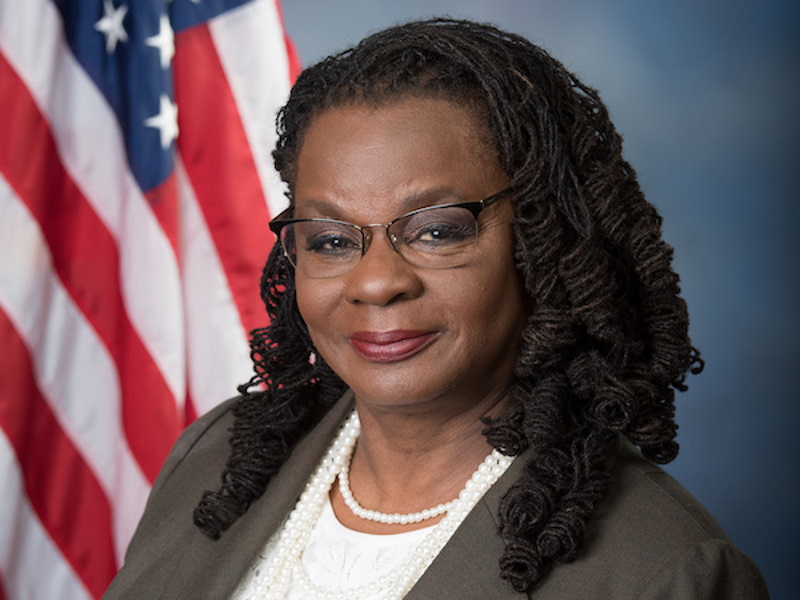US Rep. Moore Reintroduces Bill to Prevent Violent Altercations Between Police & Civilians
"As summer begins and temperatures rise, as do tensions between communities and the law enforcement officials sworn to protect them."
Bruce – In response to the national outcry over police-involved shootings and calls to repair the strained relationship between police and civilians, Congresswoman Gwen Moore (WI-04) introduced the Preventing Tragedies Between Police and Communities Act of 2017. Drawing upon policy recommendations made by the Police Executive Research Forum, this legislation would require de-escalation training in police academies across the country with an overarching focus on preserving life.
Today, Congresswoman Moore released the following statement:
“As summer begins and temperatures rise, as do tensions between communities and the law enforcement officials sworn to protect them. And with children out of school and jobs in short supply, parents across my congressional district fear their loved ones will be involved in a tragic interaction with a police officer. Their alarm is justified. As a mother and grandmother of Black children, such anxiety is all too familiar.
“Today, I proposed a legislative solution to this national problem we can all support, regardless of party affiliation or political ideology. H.R. 3060, the Preventing Tragedies Between Police and Communities Act of 2017 – which draws from several ‘best practices’ and recommendations from the nonpartisan Police Executive Research Forum – federally mandates de-escalation training for law enforcement officials. Through enhanced training and preparation, we can equip police with the necessary tools and education to prevent violent interactions, saving not only their lives, but also the lives of the civilians they serve.
“The Dallas Police Department has employed de-escalation training with great success. Since changing their training to emphasize de-escalation rather than confrontation, the number of complaints alleging excessive and improper use of force fell from 147 in 2009 to 13 in November of 2015. In the face of a strained relationship between police and civilians nationwide, Dallas was able to implement reforms that reduced their rate of police-related shootings to one of the lowest of any large city in America.
“It is my sincere hope to replicate Dallas’ success across the country. I ask my colleagues on both sides of the aisle to prioritize the preservation of life by supporting this bill.”
NOTE: This press release was submitted to Urban Milwaukee and was not written by an Urban Milwaukee writer. While it is believed to be reliable, Urban Milwaukee does not guarantee its accuracy or completeness.






















